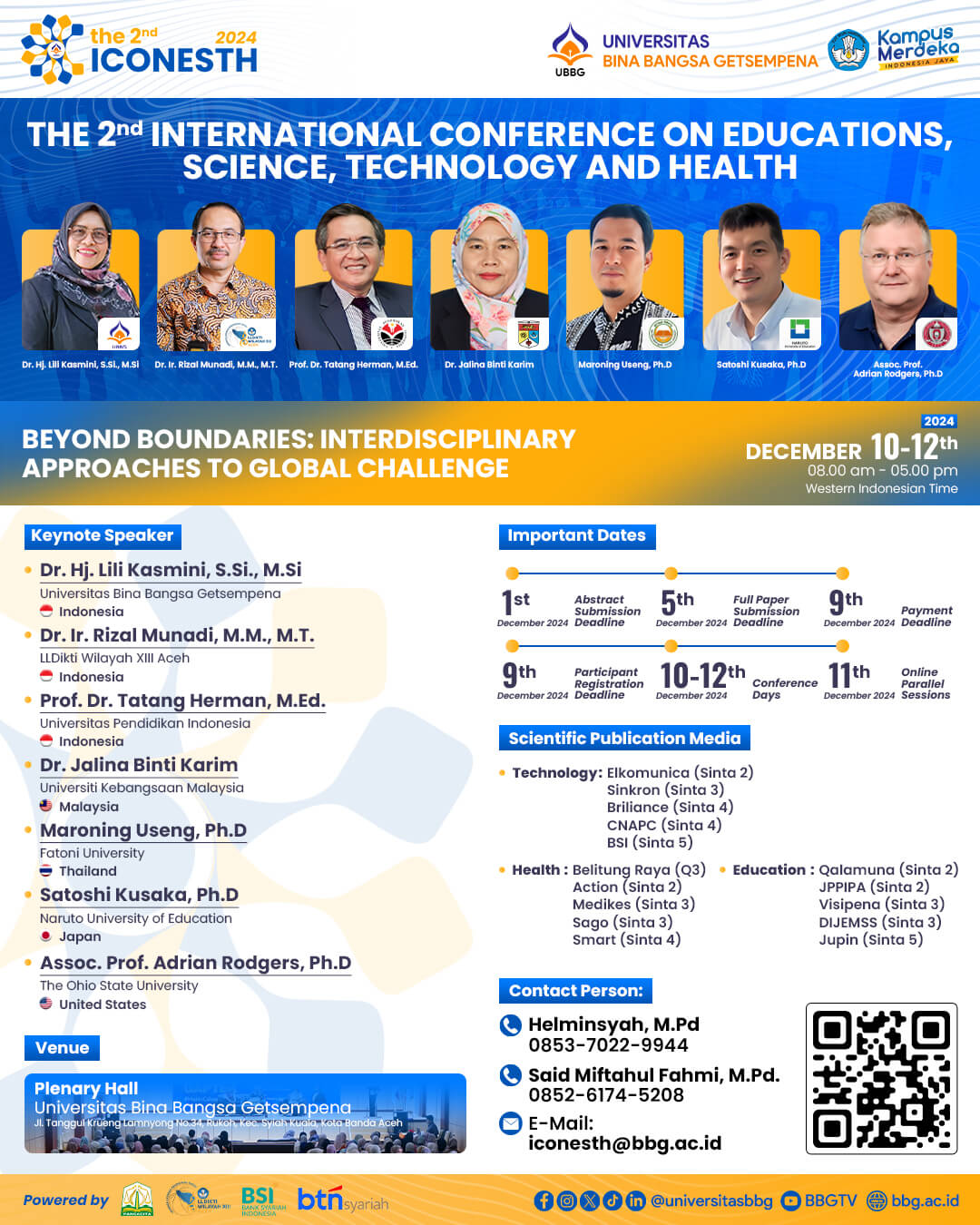UNDERGRADUATE STUDENTS IN LEARNING GRAMMAR STRATEGIES
Abstract
The present research investigated the grammar learning strategies (GLS) used by Malaysian ESL undergraduate students. It also examined the mean differences in the GLS used based on students’ proficiency levels. Quantitative research using a survey design was conducted in gathering the data. A set of questionnaires was randomly distributed via google forms to Indonesian EFl undergraduate students who enrolled in a grammar course. 80 students responded to the questionnaire; thus, they became the participants of the research. Both descriptive and inferential analyses were used to interpret the data. The findings indicated that taking notes while listening to their teacher’s explanations, finding out the reasons for their mistakes, encouraging themselves to practice grammar and asking friends for help were the most common strategies used in cognitive, metacognitive, affective, and social strategies respectively. Social strategies were found to be the most common strategies used by the students. Finally, the research also revealed that high proficient students used all strategies more than low proficient students. The findings of the research can be useful for teachers as they can vary their teaching approaches to match the students’ grammar learning strategies. In addition, less proficient students can also learn the strategies used by the more proficient students so they can also benefit from using the strategies in learning grammar









